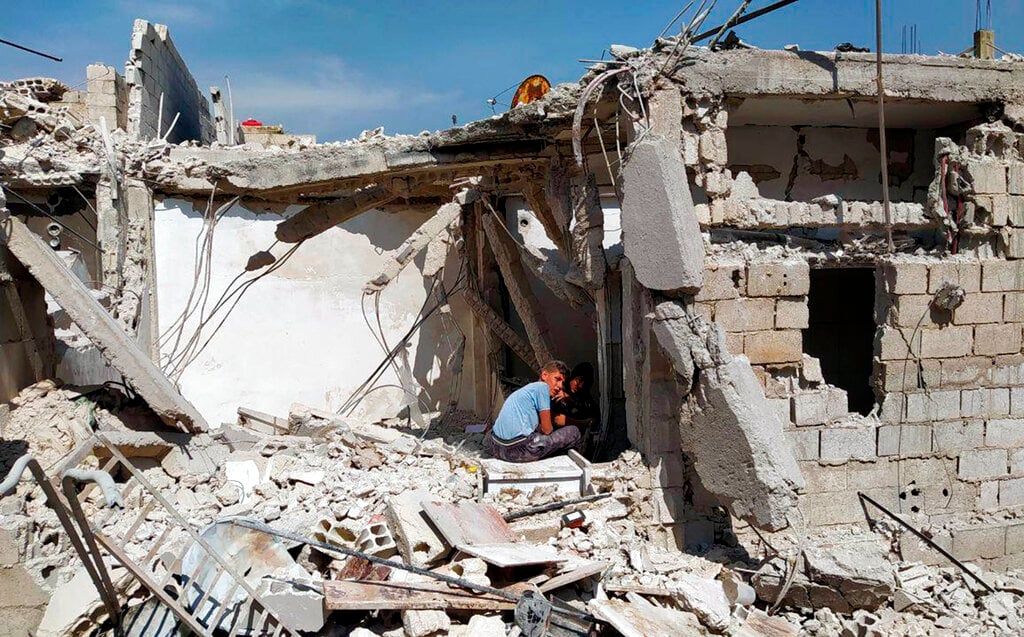The collapse of Donald Trump’s proposed Ukraine ceasefire plan has exposed the February Oval Office meeting with President Volodymyr Zelenskyy as a farce. Moscow’s outright rejection of the U.S. plan—citing its failure to address the roots of the conflict—confirms what was already obvious to observers: the Oval Office summit wasn’t about diplomacy. It was about spectacle.
In the now-infamous February 28 encounter, Trump publicly berated Zelenskyy in front of cameras, demanding concessions to Russia while Vice President JD Vance reportedly joined in to humiliate the Ukrainian leader. A planned minerals deal between the U.S. and Ukraine was left unsigned. Within days, Trump froze military aid to Kyiv. At the time, the move was spun as part of a broader pressure campaign aimed at forcing a peace deal.
But this week, Russia flatly rejected Trump’s ceasefire terms. Deputy Foreign Minister Sergei Ryabkov dismissed the proposal as unserious and unacceptable, and Kremlin officials made it clear that they never saw Washington as an honest broker. Meanwhile, European diplomats—already sidelined by Trump’s erratic Ukraine policy—have privately admitted they no longer see U.S. leadership as functional.
The White House has maintained that dialogue with Moscow continues, but even the tone of those discussions betrays weakness. Trump’s signature tactic—bullying allies, flattering adversaries, and threatening sanctions—has again yielded nothing but delay. With the aid freeze still in place, Ukraine is being slowly bled on the battlefield while Trump plays dealmaker for a stage that no longer exists.
Observers say the failure of the ceasefire plan retroactively redefines the Oval Office summit: not as a genuine diplomatic overture, but as a choreographed humiliation designed for domestic political gain. “It was never about peace,” said one senior EU official. “It was about optics. And now everyone sees it.”
Ukrainians, meanwhile, are left stranded. With U.S. support evaporating, and Europe scrambling to fill the gap, Zelenskyy has had to walk back his own public optimism from February. Instead of a peace plan, Ukraine got public scolding, frozen weapons, and a U.S. administration that appears more interested in blaming its victims than restraining its enemies.
Trump humiliated Ukraine for the cameras, froze its aid for show, and then offered a fake ceasefire that no one took seriously. The result? Putin walks away unscathed, Ukraine bleeds, and the Oval Office becomes just another soundstage in the decline of American foreign policy.













